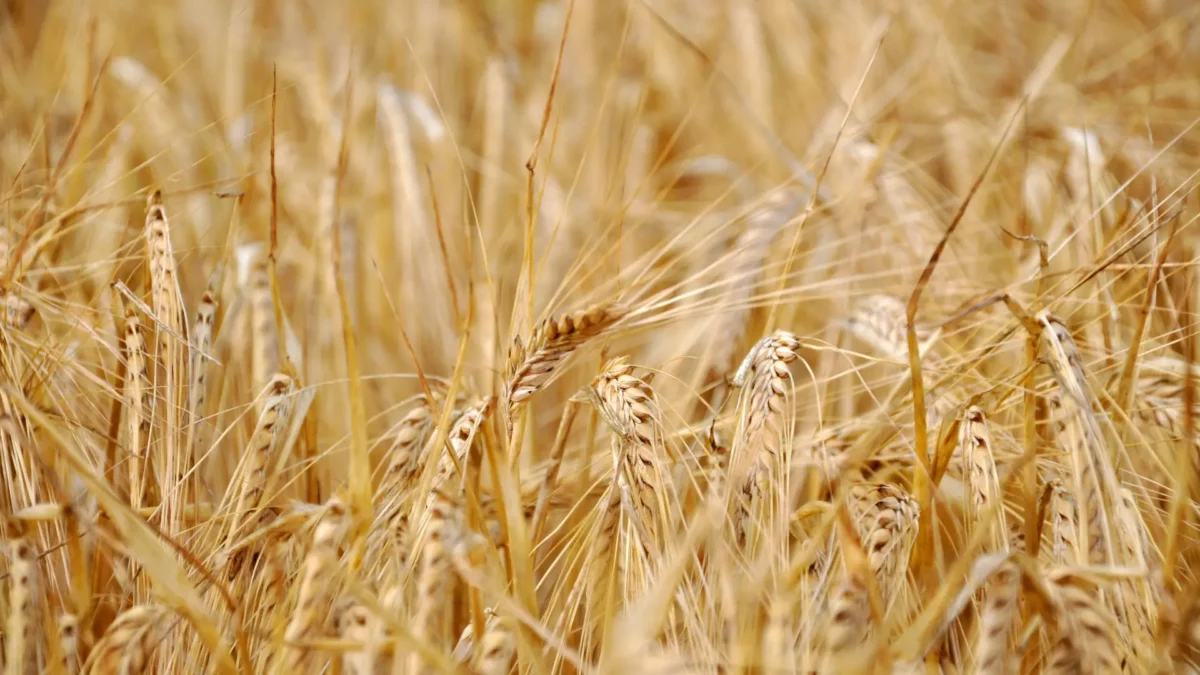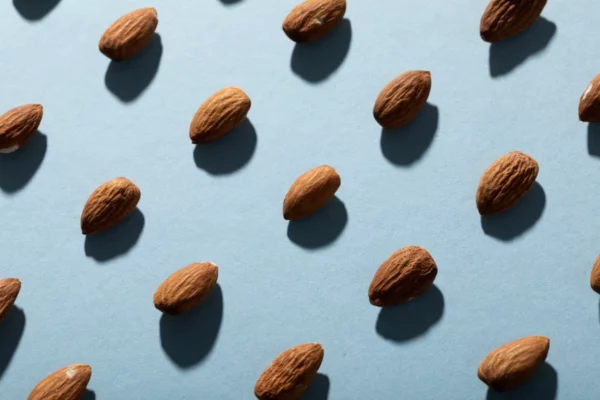When it comes to harnessing the health benefits of bran, different types offer unique advantages. From oat bran and oat fiber to wheat bran and almond flour, each variant brings its nutritional value and potential to enhance overall well-being.
In this comprehensive blog post, we will delve into the significant differences between various types of bran and highlight their exceptional health benefits. So, let’s embark on a journey to understand the characteristics and advantages of oat bran, wheat bran, and other forms of bran, and discover how they can support digestive health, heart health, blood sugar management, weight loss, and more.
1. Oat Bran:
Oat bran is derived from the outer layer of the oat kernel, which makes it a remarkable source of dietary fiber and other essential nutrients.
- Oat bran’s soluble fiber content, specifically beta-glucan, is known to have numerous health benefits.
- It supports healthy digestion, aids in regular bowel movements, and contributes to better blood sugar management.
- Including oat bran in your diet has been associated with reduced LDL cholesterol levels, which can help lower the risk of heart disease.
- Moreover, oat bran is versatile and can be incorporated into various recipes, such as oat flour for baking or as a hot cereal option.
2. Wheat Bran:
Wheat bran, obtained from the outer layer of wheat grains, is another fiber-rich option to consider.
- It provides a high amount of insoluble dietary fiber, which adds bulk to the stool, promotes regular bowel movements, and supports a healthy digestive system.
- Wheat bran is a great ingredient for those seeking to increase their fiber intake, as it offers significant amounts of dietary fiber per serving.
- It can be easily incorporated into your daily diet by sprinkling it on cereals, adding it to baked goods, or using it as a coating for chicken or fish.
3. Almond Flour:
Almond flour, although not strictly classified as bran, is worth mentioning due to its low-carb and gluten-free nature.
- Almond flour is a popular choice among those following a ketogenic (keto) diet or individuals with gluten sensitivity.
- It is made from finely ground almonds and can serve as a nutritious alternative to traditional wheat flour in baking.
- Almond flour is high in healthy fats, low in carbs, and provides a good source of vitamin E and magnesium.
- It can be used in a variety of keto-friendly recipes, including keto bread, pancakes, and cookies.
4. Other Types of Bran:
In addition to oat bran, wheat bran, and almond flour, there are other types of bran that offer their unique benefits. Rice bran, for instance, is rich in phenolic compounds and antioxidants, which contribute to its potential role in supporting heart health and reducing the risk of cardiovascular disease. Brown rice bran, specifically, provides fiber, minerals, and vitamins, making it a valuable addition to your daily diet.
Furthermore, lupin flour, coconut flour, and psyllium husk powder are other keto-friendly flours that can be utilized in low-carb baking.
- Lupin flour is rich in protein, low in carbs, and contains zero net carbs, making it suitable for those following a ketogenic lifestyle.
- Coconut flour, derived from the dried flesh of coconuts, is high in fiber and adds a unique flavor to recipes.
- Psyllium husk powder, on the other hand, is a powerful type of soluble fiber that can aid in healthy digestion and help maintain regular bowel movements.
It is important to note that while these different forms of bran offer various nutritional benefits, it is crucial to consider individual dietary needs and preferences when incorporating them into your recipes.
Experimenting with different applications and finding what works best for you can add flavor, texture, and nutritional value to your meals
Conclusion:
The diverse types of bran, including oat bran, wheat bran, almond flour, and others, contribute to a well-rounded and healthy diet. They provide essential nutrients, such as fiber, vitamins, and minerals, which promote good health and support various bodily functions.
Whether you are aiming to improve digestive health, manage blood sugar levels, reduce the risk of heart disease, or achieve weight loss goals, incorporating bran into your daily diet can be a beneficial choice. So, explore the different forms of bran, try out new recipes, and savor the incredible health benefits they offer.
Remember to consult with a healthcare professional or registered dietitian before making significant changes to your diet, especially if you have specific dietary requirements, celiac disease, or any underlying health conditions. With the right guidance and knowledge, you can make informed decisions and embrace the power of bran as part of your healthy lifestyle.









